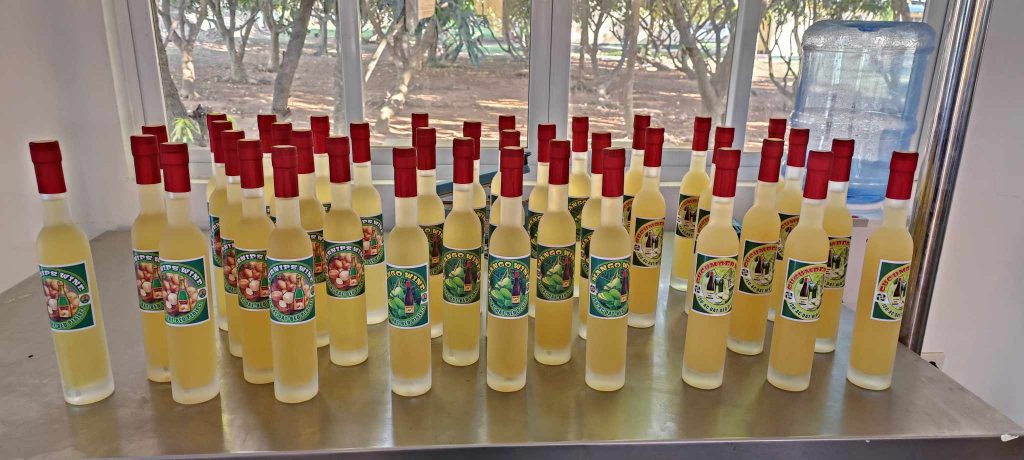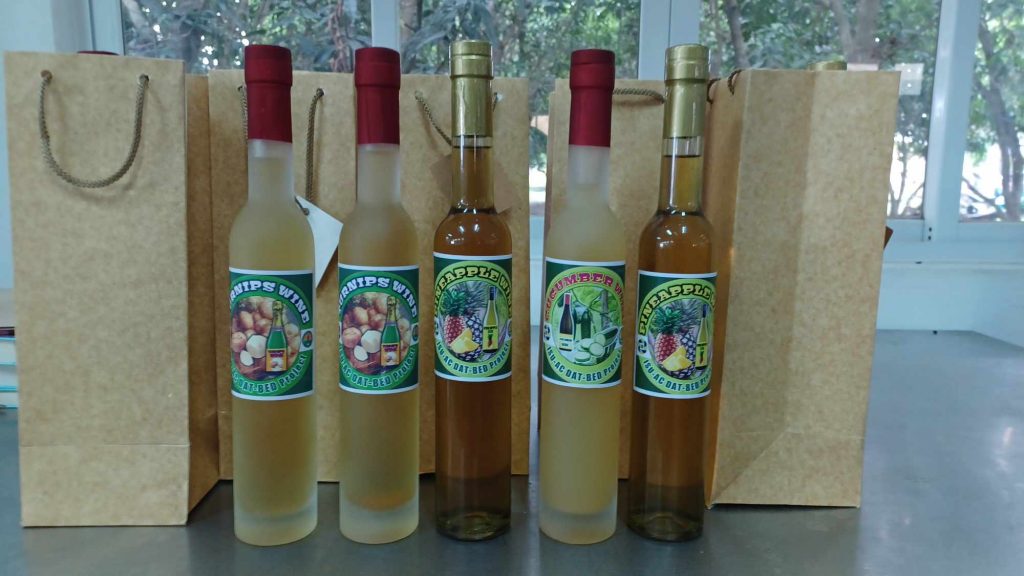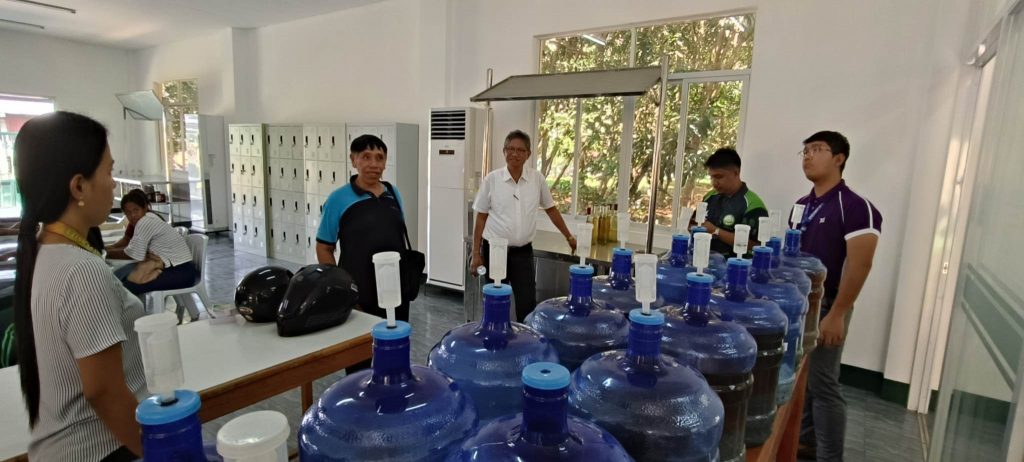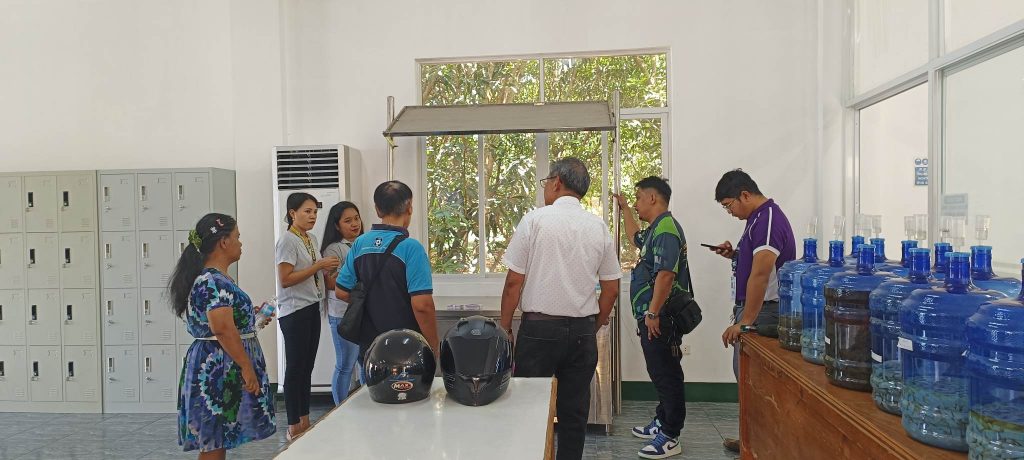
From orchards to bottles, wines have undergone a remarkable transformation throughout history, from their humble origins to today’s diverse and complex offerings. Winemaking has evolved not only in terms of production techniques but also in the materials and equipment used. With the world facing challenges of food sustainability, however, the need for affordable and healthier alternatives, coupled with strategies to minimize food wastage has become one of the top priorities of the United Nations specifically under SDG 12 – Responsible Consumption and Production.
In a step towards sustainability, Isabela State University- Angdanan Campus launched the Youth Empowerment through Technopreneurship (YET) project under the Department of Science and Technology – Technology Application and Promotion Institute (DOST-TAPI), which aims to foster innovation in the field of food technology.
The YET project, formerly known as the DOST-Academe Technology-Based Enterprise Development (DAT-BED) program, is a financially assisted program of the DOST-TAPI started on May 2021. The products made through this project serve dual purposes, acting not only as tokens for guests but also as delectable snacks featured at various school events such as meetings and product exhibits during students’ days.

Through the pioneering efforts of Asst. Prof. Mary Grace C. Buraga, Ma. Theresa R. Respicio and Prof. Dr. Oscar G. Bangayan, Campus Administrator, YET launched three main projects. These include the production of baked products like banana cakes/bread/muffins, coconut macarons, and carrot cake through “Gaddanan’s Baked Product”, longganisa and tocino through “Processed Food”, and various fruit wines through “Low-cal Wines”.
The production of “low-cal wines,” in particular, is an innovative response to current consumer demands and SDG 12, which seeks to ensure responsible consumption and production patterns.
The YET project takes a distinctive approach to winemaking, focusing on low-calorie wines. This innovation stems from recognizing that traditional wines are often high in alcohol content, making them calorie-dense beverages. By utilizing locally available fruits as the main ingredients, the project aims to create a healthier alternative without compromising on taste and quality whilst harnessing the other potentials of these fruits to reduce food wastage.

The process of making low-cal wines starts with the manual crushing and pressing of the raw materials, specifically ripe mango, pineapple, cucumber, pomelo, and singkamas. This meticulous approach ensures that unwanted color and tannins, which come from the fruit’s skin, do not leach into the white wine. By utilizing these fresh, locally sourced ingredients, the YET project aligns with SDG 12 by promoting responsible production patterns.
The extracted juice from the ripe fruits is left to ferment naturally with the assistance of instant yeast. This natural fermentation process not only reduces the need for additional additives but also aligns with SDG 12’s objective of promoting clean and sustainable production practices.

During fermentation, the sugar in the juice is converted into alcohol. The duration of fermentation can vary, lasting anywhere from ten days to a month or more, depending on factors like temperature and sugar content. This results in wines with alcohol levels ranging from 10% in cooler climates to 15% in warmer areas. The project’s commitment to producing low-cal wines lies in ensuring that the fermentation process stops before all the sugar is converted into alcohol, creating a wine with lower alcohol content.
By using locally available fruits, reducing environmental impacts, and offering a healthier alternative to consumers, the YET project demonstrates the power of innovation in addressing contemporary challenges.
A toast to innovative winemaking! A toast to a more sustainable future for all!


